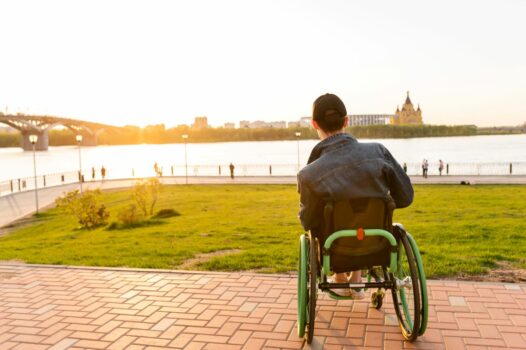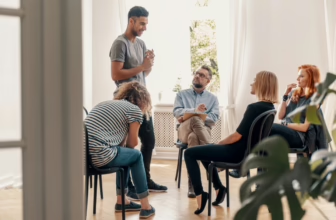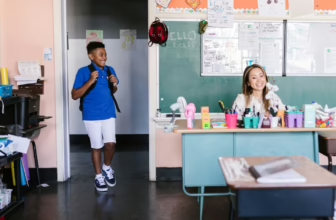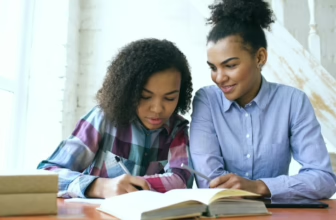When it comes to discussing disabilities, there's often an elephant in the room – discrimination. Be it intentional or unintentional, it is an uncomfortable reality many individuals face daily.
In this article, we will delve deeper into understanding this unspoken yet prevalent problem in today’s society.
From the stigmas associated with disabilities to steps toward addressing and dismantling them, let's explore this essential issue together.
The Stigma Behind the Disability
Stigma, by definition, is a mark of disgrace associated with a particular circumstance, quality, or person. In the context of disabilities, stigmas arise from misconceptions and lack of understanding.
Many people view individuals living with disabilities as “different,” lumping them all into one category without considering their unique strengths and capabilities.
Psychological Effects of Discrimination
The constant exposure to discrimination can lead to devastating effects on one’s mental well-being. Some of these effects include low self-esteem, social withdrawal, and even clinical conditions such as anxiety and depression.
In a nutshell, common psychological effects of discrimination in disabled individuals include:
- Lowered self-esteem
- Increased social isolation
- Higher levels of stress and anxiety
- Development or worsening of existing depressive symptoms
- Heightened feelings of loneliness and fear
- Reduced quality of life and overall well-being
Interestingly, careers in psychology research are digging deeper into understanding these psychological implications for better intervention strategies.
Combating Prejudice: An Individual Effort
Combating disability discrimination begins with introspection. How do we perceive and treat individuals living with disabilities around us? By eliminating stereotypes from our views and treating individuals as humans first, we foster empathy and respect.
Admittedly, this journey isn't easy, but the end goal of inclusivity undeniably outweighs the challenges. Education plays a key role; the more we educate ourselves about various disabilities, the less likely we will harbor discriminatory thoughts.
The Role of Society in Creating Inclusive Spaces
Society's role is paramount in creating an inclusive atmosphere for individuals with disabilities. This responsibility extends beyond the accessibility of physical spaces, to cultural and social acceptance of all differently-abled individuals.
Organizations, institutions, and political entities also need to step up, implementing policies that promote equality and inclusivity.
Encouragement for Those Living with Disabilities
If you're living with a disability, remember: that your condition does not define your worth or potential. Yes, there will be battles to fight and prejudices to face. However, understand that as you continue to strive and persist, you're helping in breaking down societal barriers.
The world is gradually evolving towards inclusivity, and your unique journey contributes greatly to its progression.
Deconstructing Myths about Disabilities
One main factor that perpetuates disability discrimination is the rampant propagation of myths. Do individuals living with disabilities always need help? The answer is emphatically, “No.” They strive for independence, just like everyone else.
Are all disabilities visible? Again, the answer is a resounding “No.” Many disabilities are invisible to the naked eye but still valid and significant. Debunking these myths is crucial in reducing discrimination.
Coping with Disability Discrimination
Experiencing disability discrimination is challenging. It's crucial not to internalize the prejudice or let it dictate your self-worth. Surround yourself with supportive individuals who respect and appreciate you for you. Join groups or communities aimed at advocating for disability rights.
Above all, empower yourself through knowledge about your rights and push back against discrimination fearlessly and respectfully when faced with it.
Conclusion: Breaking Through the Barriers
In conclusion, disability discrimination is a multifaceted issue. It stems from misconceptions and ignorance about disabilities. However, by educating ourselves and others, we can gradually dissolve these harmful stigmas.
Change begins with us. As a society and as individuals, let's strive for inclusivity in all spheres of our lives. We are more than our abilities or disabilities. We’re humans first — diverse but equal in our worth and potential.
Follow me down the rabbit hole!
I'm Alice and I live with a dizzying assortment of invisible disabilities, including ADHD and fibromyalgia. I write to raise awareness and end the stigma surrounding mental and chronic illnesses of all kinds.








